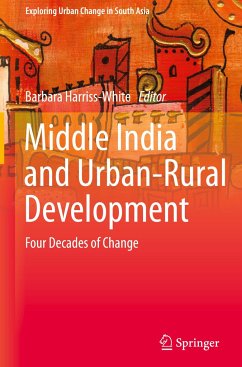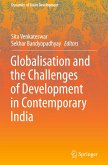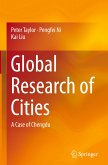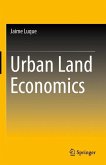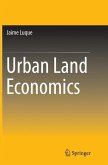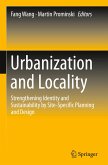Middle India and Rural-Urban Development explores the socio-economic conditions of an 'India' that falls between the cracks of macro-economic analysis, sectoral research and micro-level ethnography. Its focus, the 'middle India' of small towns, is relatively unknown in scholarly terms for good reason: it requires sustained and difficult field research. But it is where most Indians either live or constantly visit in order to buy and sell, arrange marriages and plot politics. Anyone who wants to understand India therefore needs to understand non-metropolitan, provincial, small-town India and its economic life. This book meets this need. From 1973 to the present, Barbara Harriss-White has watched India's development through the lens of an ordinary town in northern Tamil Nadu, Arni. This book provides a pluralist, multi-disciplinary and inter-disciplinary perspective on Arni and its rural hinterland. It grounds general economic processes in the social specificities of a given place and region. In the process, continuity is juxtaposed with abrupt change. A strong feature of the book is its analysis of how government policies that fail to take into account the realities of small town life in India have unintended and often perverse consequences.
In this unique book, Harriss-White brings together ten essays written by herself and her research team on Arni and its surrounding rural areas. They track the changing nature of local business and the workforce; their urban-rural relations, their regulation through civil society organizations and social practices, their relations to the state and to India's accelerating and dynamic growth. That most people live outside the metropolises holds for many other developing countries and makes this book, and the ideas and methods that frame it, highly relevant to a global development audience.
In this unique book, Harriss-White brings together ten essays written by herself and her research team on Arni and its surrounding rural areas. They track the changing nature of local business and the workforce; their urban-rural relations, their regulation through civil society organizations and social practices, their relations to the state and to India's accelerating and dynamic growth. That most people live outside the metropolises holds for many other developing countries and makes this book, and the ideas and methods that frame it, highly relevant to a global development audience.
"It explores the nature of specfic growth processes and how economic development can be understood and not just estimated in terms of metric outcomes. ... There is no other comparable study that has this longitudinal depth and focus and it is a highly original contribution to urban studies." (Adam Pain, Journal of South Asian Development, Vol. 11 (1), 2016)

